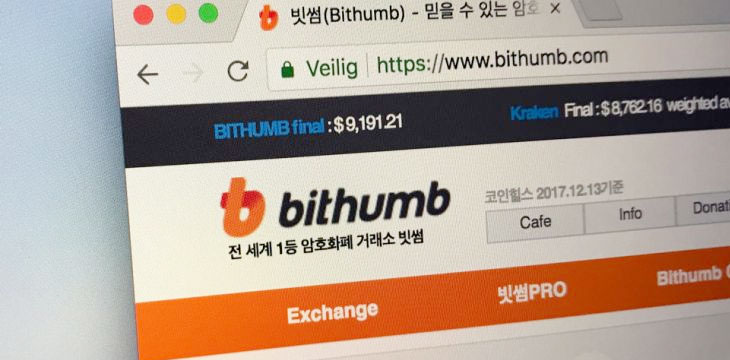|
Getting your Trinity Audio player ready...
|
One of the biggest issues with regards to the cryptocurrency markets and cryptocurrency exchanges is the idea that investors’ funds are not completely safe. Over the weekend, Bithumb, a well-known cryptocurrency exchange in South Korea, is assuring investors that their funds are safe after a hack.
The hack was reported on Twitter, thanks to a user named @DoveyWan on March 29, 2019. Wan is a founding partner of Primitive Ventures, a blockchain-focused investment fund based in San Francisco. Her tweet about the hack—which has since gone viral in the cryptocurrency community—stated that the exchange was being hacked “at its EOS cold storage level.”
[Notice🔔]
We deeply apologize to our members for delaying the cryptocurrency deposit and withdrawal service, we would like to inform you of the circumstances of the grounds and confirm that your assets are safe.
For more details >> https://t.co/dOvT78P0sK— Bithumb (@BithumbOfficial) March 30, 2019
She elaborated that 3 million EOS has been transferred out, which amounted to about $13 million at the time of the crime. This is not the first time that Bithumb has been hacked, as the exchange was previously hacked for KRW35 billion, which amounts to about $30 million, in 2018. The company claimed to then recover about half of these funds later on. Before this hack, many believe that the government was concerned about the company’s rapid growth.
The exchange maintains that the funds were not stolen as much as withdrawn, characterizing the attack as an “inside job.” The exchange elaborated that no “external intrusion path” has been identified, as well. The company took to Twitter to assure investors that it would cover the losses, although it later deleted the tweets, understandably causing more confusion for cryptocurrency investors and traders.
Bithumb believes that individuals associated with the company moved the funds, and is cooperating with South Korean authorities to investigate the incident. The exchange was actually cleared by the South Korean cybersecurity agency, Korea Internet and Security Agency (KISA), in 2018, and the company stated after the 2018 hack that it would upgrade and revise its internal workforce verification system, as well.

 02-23-2026
02-23-2026 




